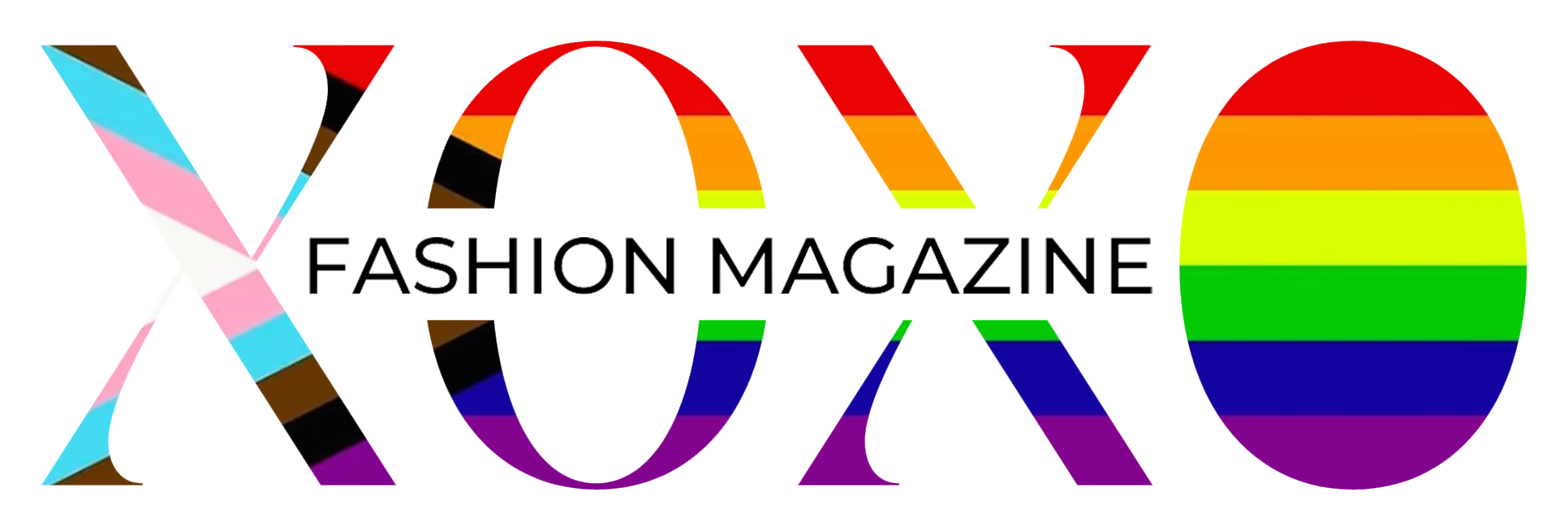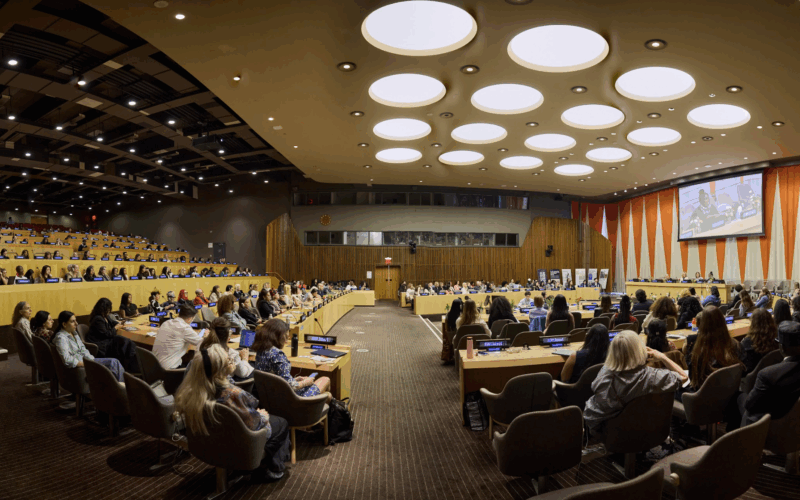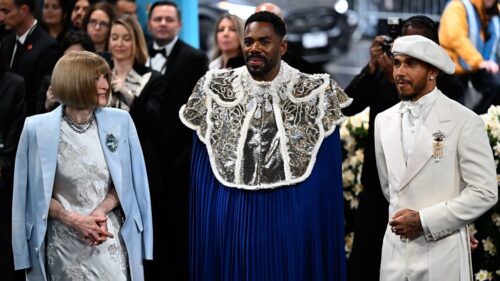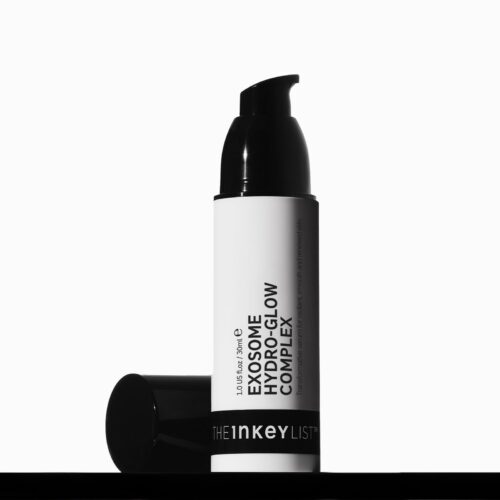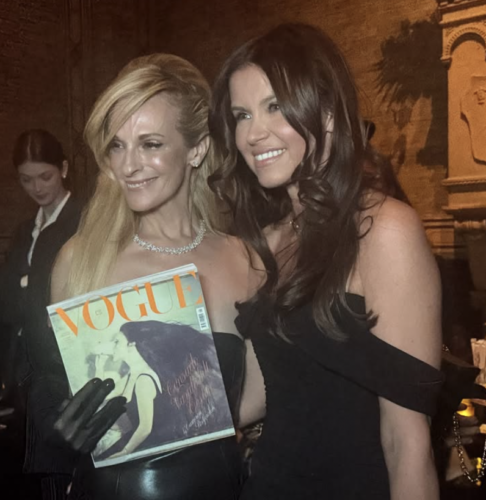Sustainability has been a hot topic in fashion for years. Certain brands have treated the movement like a trend, making consumers constantly skeptical of greenwashing. A new term has been coined to describe this state of doubt: green fatigue. Consumers are not looking for tags that say “eco-friendly,” but action-based results of authentic progress. With so much noise, how do we all remain hopeful of sustainability efforts in 2025?
The United Nations Fashion and Lifestyle Network’s Annual Meeting highlighted advancements in sustainable development, reminding attendees that change is still underway. Held on May 19th at the United Nations Headquarters, fashion enthusiasts gathered to hear about responsible sourcing, innovation in technology, and circular business models that are paving the way for a sustainable future.
Throughout 15 panels, dozens of innovators introduced how their brands are changing the fashion industry for the better. The lists below highlight the sustainable brands showcased at the annual meeting and how they are shaping a new fashion world.
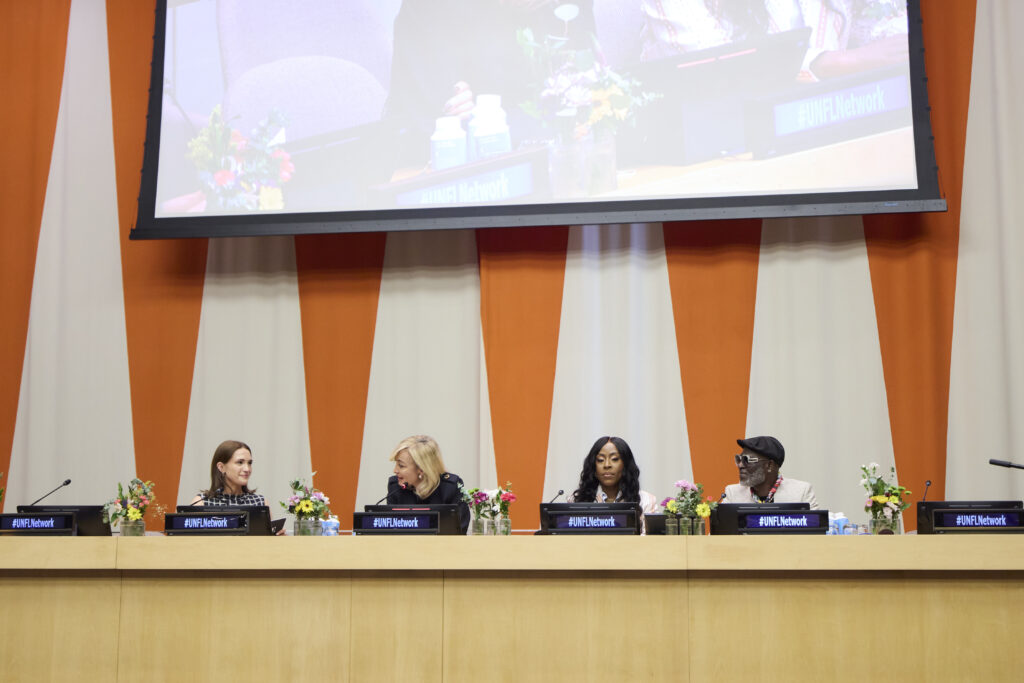
Zero Waste
- Applies sustainable material use to execute zero waste.
- Uses the design technique of fully fashioned knits, meaning knitting the pieces together so they are a specific shape, leaving no scraps.
- NYC-based business that provides convenient pickup and drop off for textile scraps to be properly recycled.
- Diverted 2 million pounds of textiles from landfill.
- Offers volunteer sessions for sorting textiles to be recycled at their warehouse in Sunset Park, Brooklyn.
- NYC-based designer who uses upcycled clothing and scraps to create handmade garments.
- Has RTW lines and custom couture, creating zero-waste pieces for drag artists and weddings.
- A brick-and-mortar store is located in Bushwick, Brooklyn, selling a variety of everyday wear and sustainable clothing.
- NYC-based sustainable fashion retailer that focuses on local production and responsible design.
- 84% of collections are produced in New York’s garment district.
- Uses TIPA® compostable packaging, helping find a solution to single-use plastic.
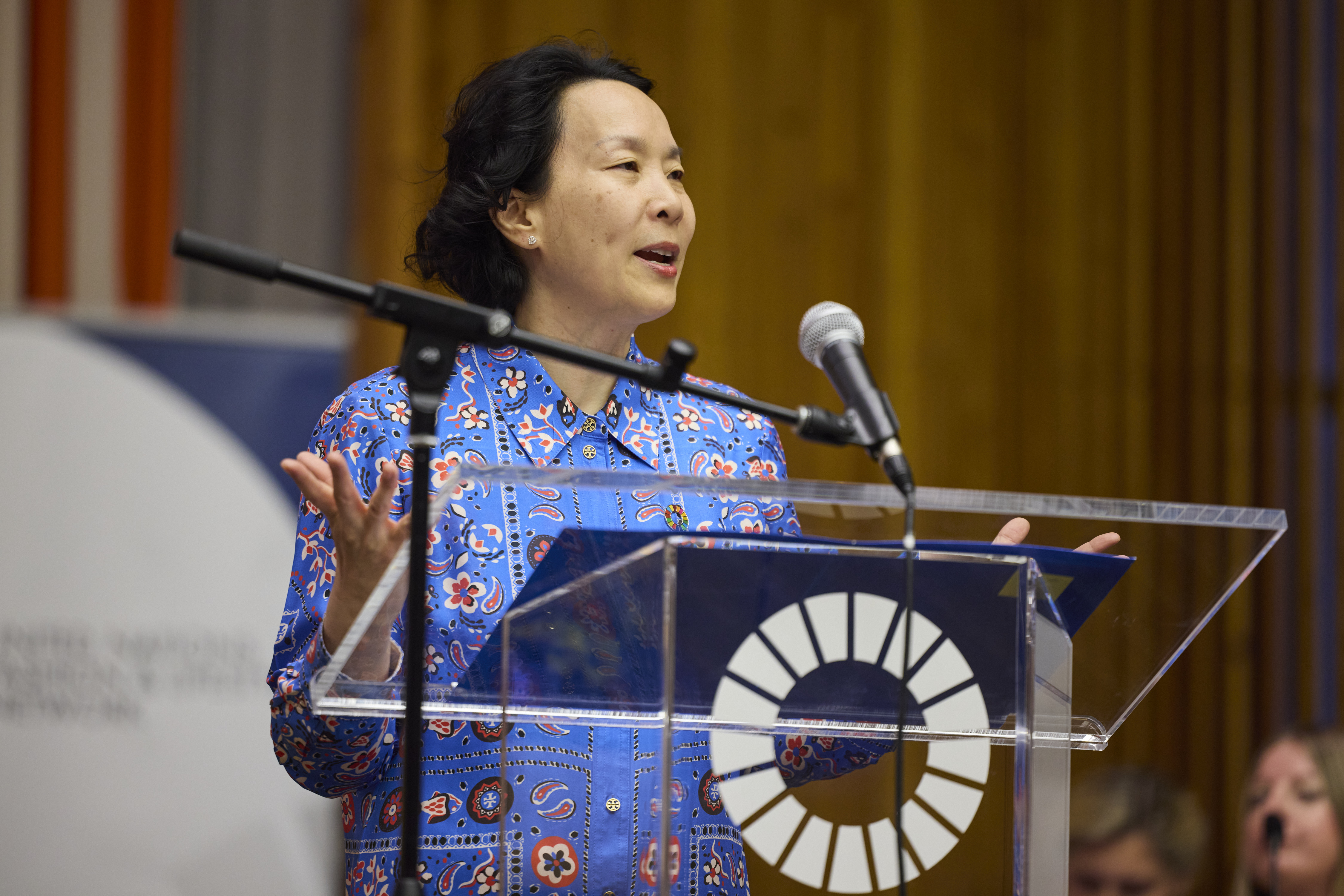
People and Planet
- Artisanal fashion brand made in Africa, producing clothing inspired by African culture.
- Supports various community-led projects in Africa and the US to showcase traditional craftsmanship techniques.
- Collaborated with J. Crew to make a print-filled collection crafted by artisans in Africa.
- Includes a traceable supply chain and fair wages for designers.
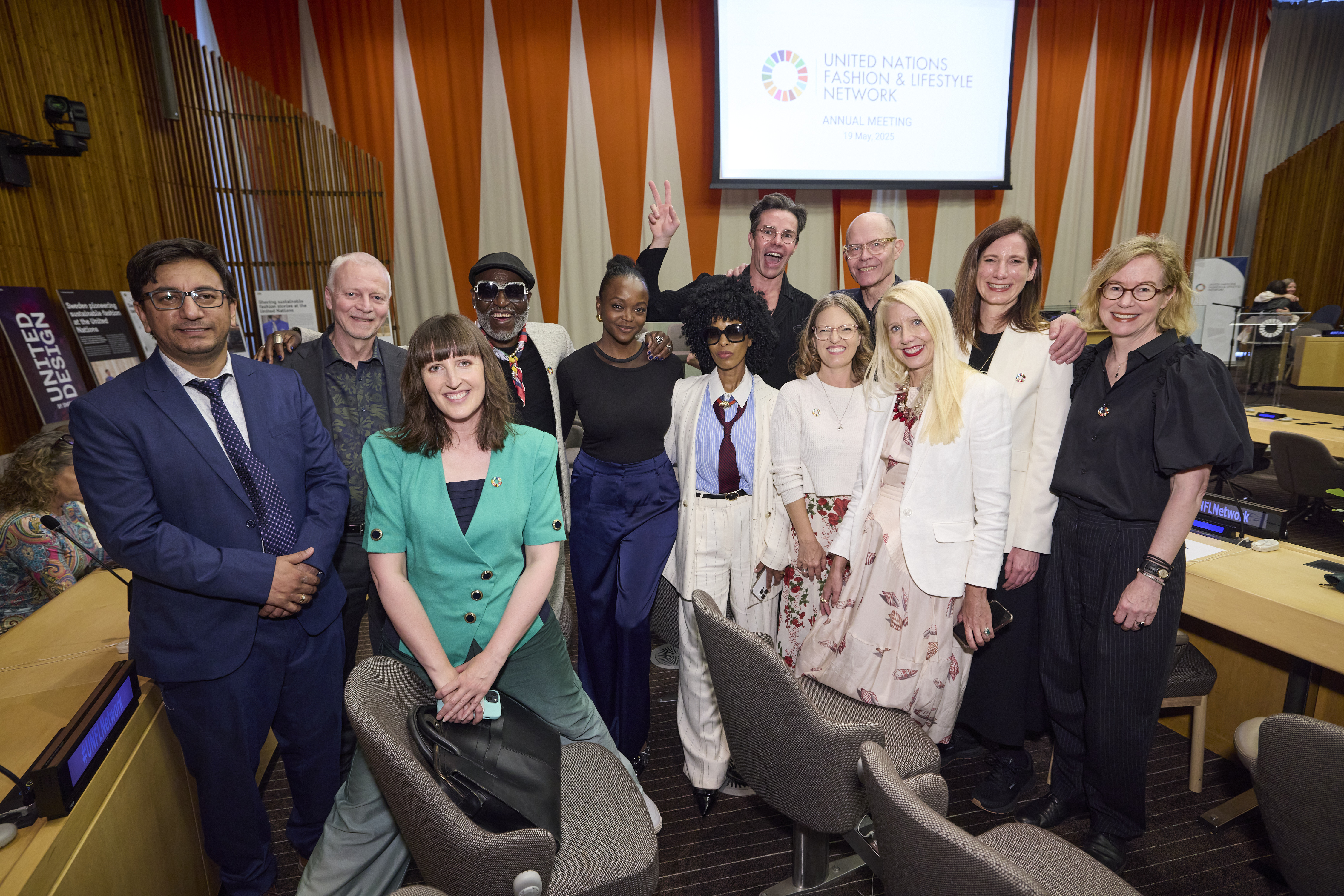
Platforms Pushing Change
- A Copenhagen-based non-profit organization that educates, advocates, and pioneers change in fashion.
- Partners with big brands and stakeholders to develop impact programs, host events, and conduct research in hopes of creating a “net positive fashion industry.”
- Hosts the annual Global Fashion Summit, which will be held June 3rd- June 5th in Copenhagen.
- A platform that spotlights established and emerging African designers, brands, and artisans.
- Offers interviews, articles, and features to understand the story and inspiration behind pieces, and why it is culturally significant.
BK Style Foundation and Fashion Week Brooklyn:
- Brooklyn-based nonprofit dedicated to championing emerging designers.
- Founder of Fashion Week Brooklyn, an event that broadcasts emerging designers worldwide.
Second-hand Fashion
- A clothing swap market traveling around the world to promote sustainable consumption.
- You can bring up to 10 items to swap, and entry to the shop and event is free.
- It will be hosting their biggest swap event of the year at DC Pride on Anthem Row in partnership with Swap DC.
- Global platform for buying and selling pre-owned luxury and designer fashion
- Banned from their site permanently are fast fashion brands.
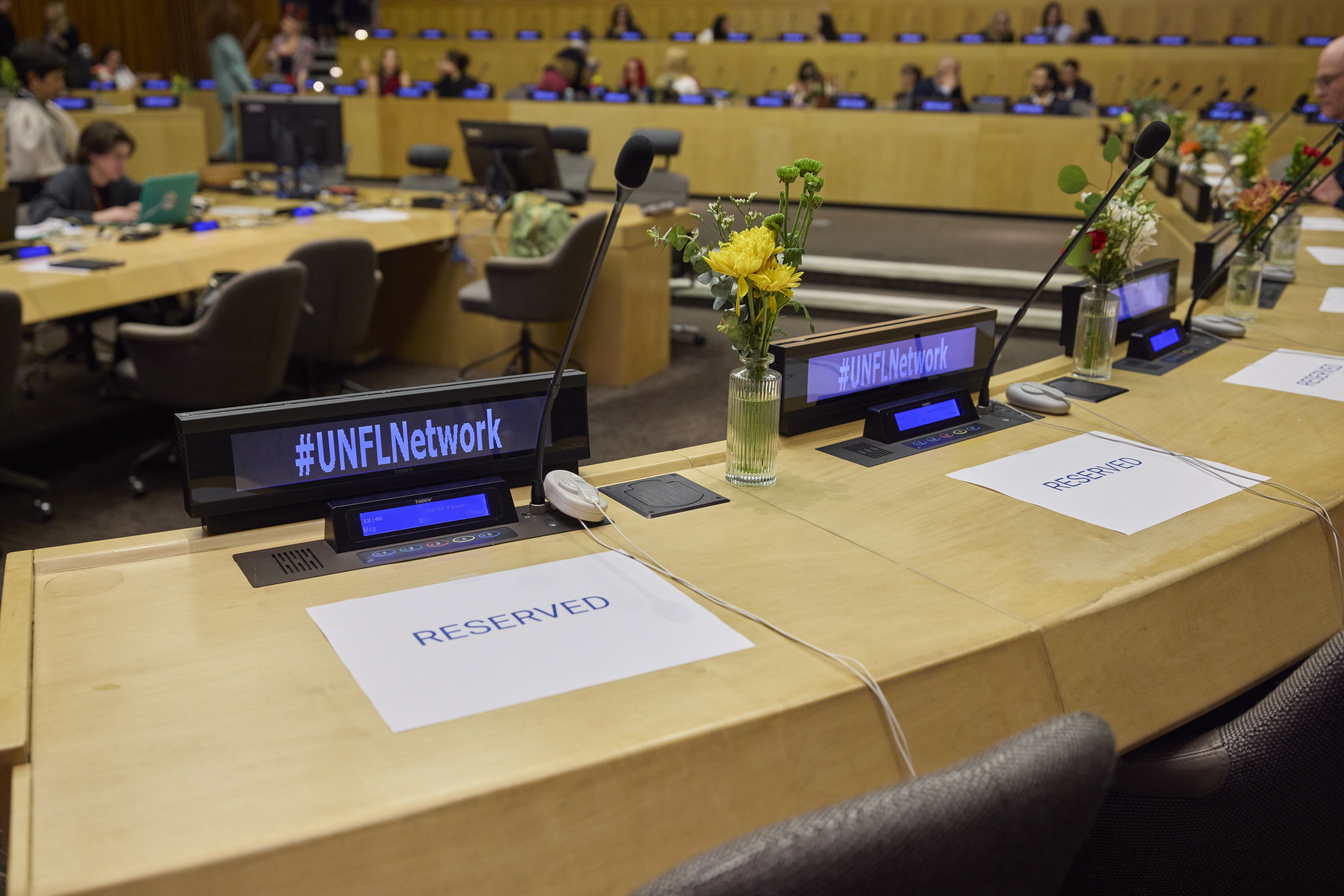
Sustainable Technology Innovation
- AI-based platform that uses machine learning to predict and pinpoint drought intolerance, water-use efficiency, and nutrient density in agriculture.
- Collaborates with Coca-Cola for sustainable sugarcane production.
- 3D weaving technology for apparel that is faster and cheaper, cutting conventional steps in the cut-and-sew process.
- Uses AI to assist with textile sorting and identify fiber composition, since 50% of all material tags are inaccurate.
- Sourced over 100,000 textile samples to train the AI, all to eliminate textile waste.
XOXO,
Your Fashion Bestie
Images: David Nicholas
